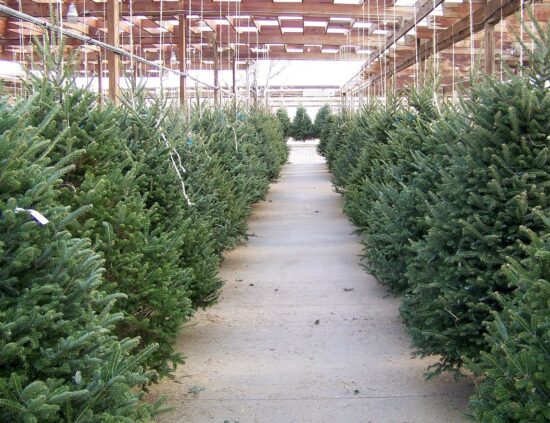
Trimmel Gomes, producer/reporter, Virginia News Connection, a bureau of Public News Service.
The joy of decorating a real Christmas tree is a time-honored tradition for many people across the country.
But the story behind the real trees is often overlooked. A closer look reveals a labor-intensive industry supported by migrant workers who face difficult conditions to provide a holiday centerpiece for the holiday season.
For example, Virginia ranks as one of the nation’s top producers of Christmas trees, with thousands of workers tending to the trees year-round.
Manuel Gago Silcox, co-director of the Worker Justice Program at the Legal Aid Justice Center, said many workers are on H2A agricultural visas. Many of these workers travel from Mexico and Central America for seasonal work.
Risks and disadvantages of the job
“The conditions are, in the workplace, dangerous,” Gago Silcox emphasized. “There’s a lot of accidents because the tools they use are sometimes – like the area, like on the hills – they’re moving like a big tree sometimes, so it’s a lot of that.”
Compounding the challenges is a systemic issue. In Virginia, farmworkers are excluded from the state’s minimum wage laws. Last March, Republican Gov. Glenn Youngkin vetoed a bill that sought to extend minimum wage protections to farmworkers. A policy many view as a relic of the Jim Crow era. However, Youngkin argued the legislation was unnecessary.
Gago Silcox points out the dangers for migrant workers do not end in the field. Many workers are isolated in the hills, disconnected from their families for months. Also, they arrive for temporary work and live in substandard housing.
“You need to share the kitchen with 10, 13 people, and sometimes you don’t even need to have a real bathroom,” Gago Silcox observed. “You can use a portable toilet outside and that’s OK for the regulations, so the housing conditions are very hard for the workers.”
Gago Silcox hopes for future policy changes to ensure migrant farmworkers receive proper protections and fair wages. In the meantime, he encouraged consumers to make informed and intentional choices when selecting a real Christmas tree.
What consumers can do
He recommends researching tree farms and choosing smaller operations where you can observe their processes and learn how they treat their workers.
“Be thankful for the work that the farmworkers that came to this country, the sacrifice they have, not only for their families,” Gago Silcox urged. “Because, at the end, those sacrifices end in having our Christmas tree in the living room this year.”


